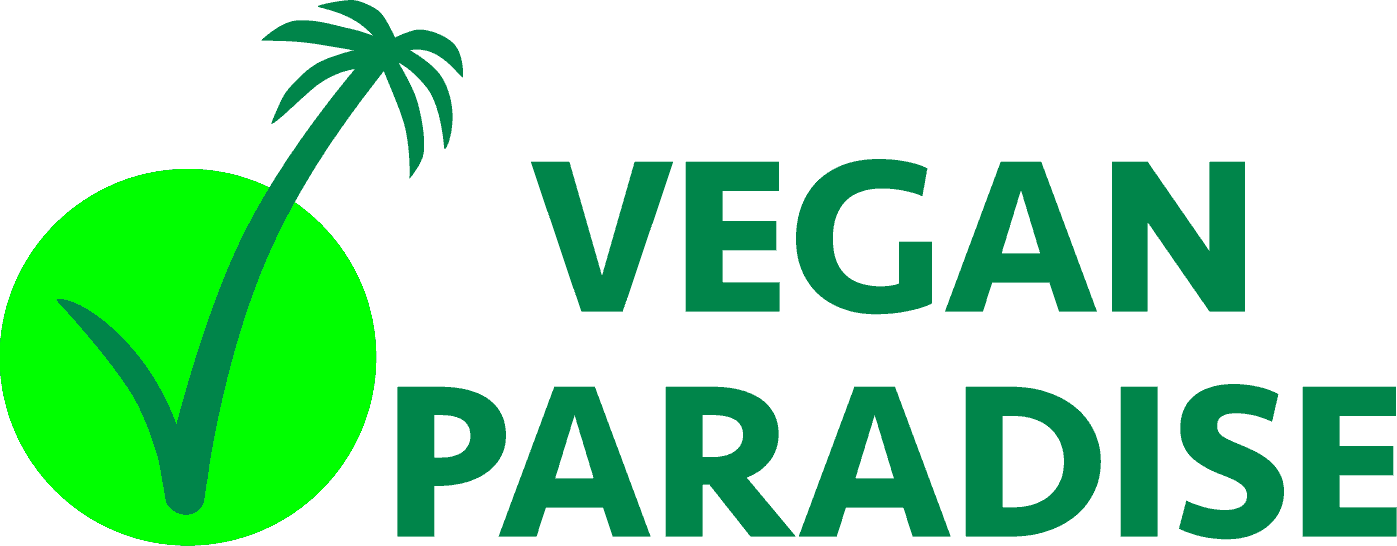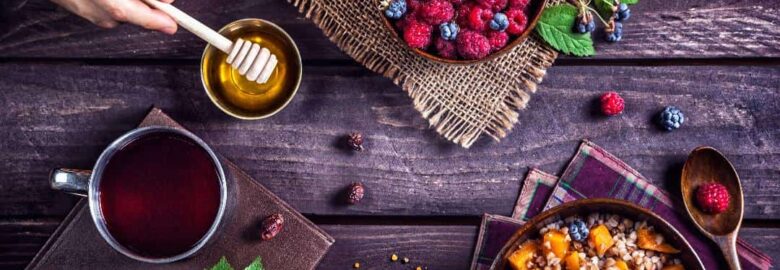Vegan Honey Alternative
Besides not eating animal products, Veganism for me is an act of love and resistance; is doing less harm as possible to all sentient beings. It is an easy and accessible way to protest against violence towards the innocent. It is an act of rebellion towards unfair power and the concept that we can take whatever we want because we are somehow superior.
When I became vegan, I decided to do my part by helping people change the world through their perception of food. Before that, I used to manage a steakhouse for five years (really!) and was very much into cooking. At that time, we did not have 10% of the vegan options we can easily find at any supermarket now. I was looking for food alternatives when I realised that there was no substitute for honey available. After many months of thoughts and trials, Bee Approved* was created in 2017, while I was working and studying full-time. Then I started trading in 2019, somehow managing to finish university, attend the vegan fairs, keep up with the online orders, establish the brand in UK and Portugal.
It has been a rewarding, exciting, sometimes stressful journey; but I did not want to stop here. I know there are many foods and dishes that people love which ingredient can be easily replaced by a vegan alternative. My focus now is to work with innovative manufacturers who are willing to take part in the change and make their products more inclusive, substituting honey for Bee Approved on their recipes; leaving the bees alone; contributing to preserve the environment.
If that is your case, please drop me a line at info@beeapproved.co.uk . If you think about any product you would like to see ‘veganised’ by Bee approved, please let me know and I will be more than happy to contact their producer!
*Bee Approved is part of VEGANISTA, a company aiming to provide healthy, tasty and cruelty-free food options as an alternative to animal products. At Veganista, my goal is to increase demand for vegan produce by creating accessible and appealing foods, that surprise your palate and inspire healthier choices.
PANC is a 100% plant-based fast-food located in Manchester, created in conjunction with my business partner Hannah Jobe. We serve the most delicious plant powered food, that feeds your soul and makes your mouth happy!
Bee Approved is certified Vegan & Vegetarian (of course)
The word vegan was created in 1944 by the Vegan Society; their trademark is the authentic international vegan standard (www.vegansociety.com). Today’s products, including substitutes for honey must pass strict criteria to be eligible for registration. Individual applications are scrutinised by a dedicated and experienced team of professionals, who query any potential inclusion of animal ingredients; including any not present in the final result.
The Vegetarian Society of the United Kingdom is a British registered charity which was established on 30 September 1847 to promote vegetarianism. The Vegetarian Society Approved trademarks are only licensed to products that meet a strict criteria. This isn’t done on a self-certification basis (after all, even manufacturers in the know can get it wrong occasionally). The Vegetarian Society Approved trademark accreditation involves independent ingredients and production method checked by experts.
Bee Approved is Organic
The term organic refers to the way agricultural products are grown and processed and this can have a major impact on your mental and emotional well-being, as well as on the environment. People with allergies to foods, chemicals, or preservatives often find their symptoms lessen, or even disappear, when they eat organic foods.
Organic foods are often more nutritionally beneficial, contain fewer pesticides, are GMO free and are better for the environment. Genetically engineered foods are plants whose DNA has been changed in ways that cannot occur naturally and this is most commonly carried out to produce resistance to pesticides, insecticides, or to increase crop yields.
Bee Approved is Gluten Free
Gluten is the protein component genetically found in wheat, rye and barley and Modern diets have become increasingly dependent on it. Gluten sensitivity may result in bloating, pain and stomach cramps and a gluten-free diet, of which alternatives to honey, like Bee Approved can be beneficial. It is important to note this intolerance is different from coeliac disease an auto-immune condition caused by a reaction to gluten, which must be avoided for life.
Gluten-free diets should be full of whole foods and rich in nutrients. However, the wide range of gluten-free products now available, may not be as high in fibre, iron, folic acid and B vitamins as their mainstream counterparts so, if you have any concerns about your nutritional intake you should speak to your GP.
WHY NOT HONEY
Bee Approved offers a vegan and tasteful alternative to honey. Statistically one in three bites of food is the result of the hard-working honeybee. Sadly, bees are dying off at an alarming rate. People throughout the world are planting bee friendly flowers, petitioning governments to stop using pesticides that kill bees, and even keeping bees themselves (not advisable, as bad beekeeping, apart from killing bees, is to blame for unwanted urban swarms).
Have you ever wondered how such a tiny insect could ever fill a jar of honey? The work is shared by many thousands of bees and is an excellent example of what can be achieved by co-ordinated effort. So, how many bees are needed to fill that jar? The answer is 22,700! This sounds impressive enough but, of course a colony of bees doesn?t just make one jar of honey. At its most productive, a single colony of bees could theoretically produce around 800kg of honey, that?s almost a tonne!
The reason that beehives aren?t enormous is that the honey is being continually used by the bees as fuel, so at any given time there may only be between 10 and 20kg of honey in the hive. To commercialise the honey some is replaced by sugar, lacking the natural properties that bees need. Worker bees produce around one spoonful of honey in their 60-day lifespan.
The effects of the mass destruction of the bee population are worldwide. In the UK, bees are facing dangers such as: habitat loss, exposure to harmful pesticides and climate change. The truth is that animal pollinators are responsible for pollinating one-third of crops and, of that, bees pollinate 75%.
Honey is an animal product, tested on animals; mass marketed and mass manufactured for generations. Please don?t ignore the ethical implications and environmental consequences of its commercialisation.
Say YES to alternatives! Try Bee Approved!


